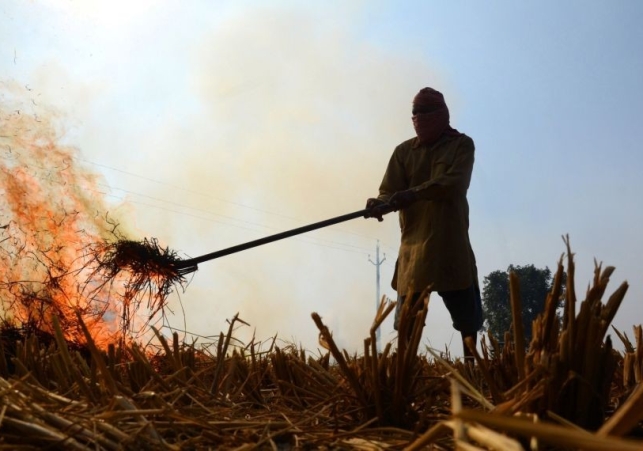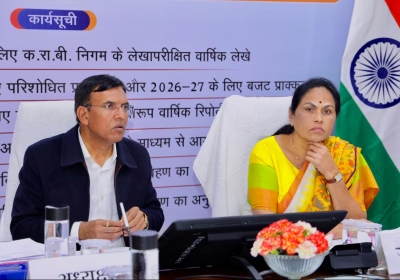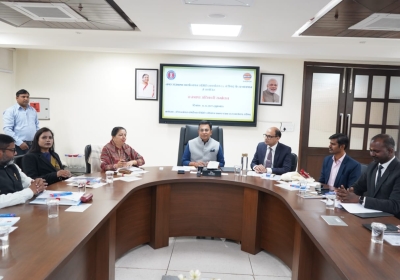
Punjab stubble burning slows to a halt due to rain
Rainfall halts stubble burning in Punjab, only one reported case
In a welcome development, two consecutive days of widespread rainfall in Punjab have led to a remarkable decline in paddy stubble burning cases, with only one reported incident on Tuesday, making it the lowest figure in three years. According to the Punjab Remote Sensing Centre (PRSC) based in Ludhiana, no stubble burning incidents were detected by satellites on October 16.
Reduced stubble burning and improved air quality
The data reveals that the total number of fires reached 1,389 in Punjab, marking a significant drop compared to the figures from previous years. Last year, 1,847 fires were reported in the state by October 17, and in 2021, there were 2,389 cases recorded during the same period. The rain has not only reduced stubble burning but also led to improved air quality. None of the eight continuous ambient air quality monitoring stations (CAAQMS) registered air quality in the 'moderate' scale, with Bathinda's air quality index (AQI) remaining 'good' at 48 on the scale. The highest AQI, reaching 89, was observed in Mandi Gobindgarh, categorized as 'satisfactory,' implying minimal health impacts.
ALSO READ: Punjab Governor criticizes AAP Government's fiscal management in another letter
Government initiatives to curb stubble burning
Chief Minister Bhagwant Mann shared that the state government has been taking multiple initiatives to combat the issue of paddy straw burning. Progressive farmers have set examples for in-situ straw management, and the government has mandated replacing 20% of coal with paddy straw briquettes as fuel in approximately 2,500 brick kilns operating in Punjab. To further address the problem, the government distributed 23,000 additional paddy straw management machines to farmers, with strict monitoring to prevent straw burning in the coming days.
ALSO READ: Punjab Cabinet approves filling 106 Clerk Cadre positions at secretariat
Challenges in Paddy procurement
Adverse weather conditions also impacted the procurement and purchase of paddy in mandis. Purchase centers across the state witnessed 1.21 lakh tonnes of grain arrivals on Tuesday, compared to 1.32 lakh tonnes on October 16. Paddy lifting remained slow due to an ongoing strike by rice millers, with only 34% of the stock lifted until October 17 evening. The strike is in protest against Food Corporation of India guidelines regarding the acceptance of only fortified rice kernels. The Punjab government is determined to ensure smooth paddy procurement in mandis and prompt lifting within their respective districts.





